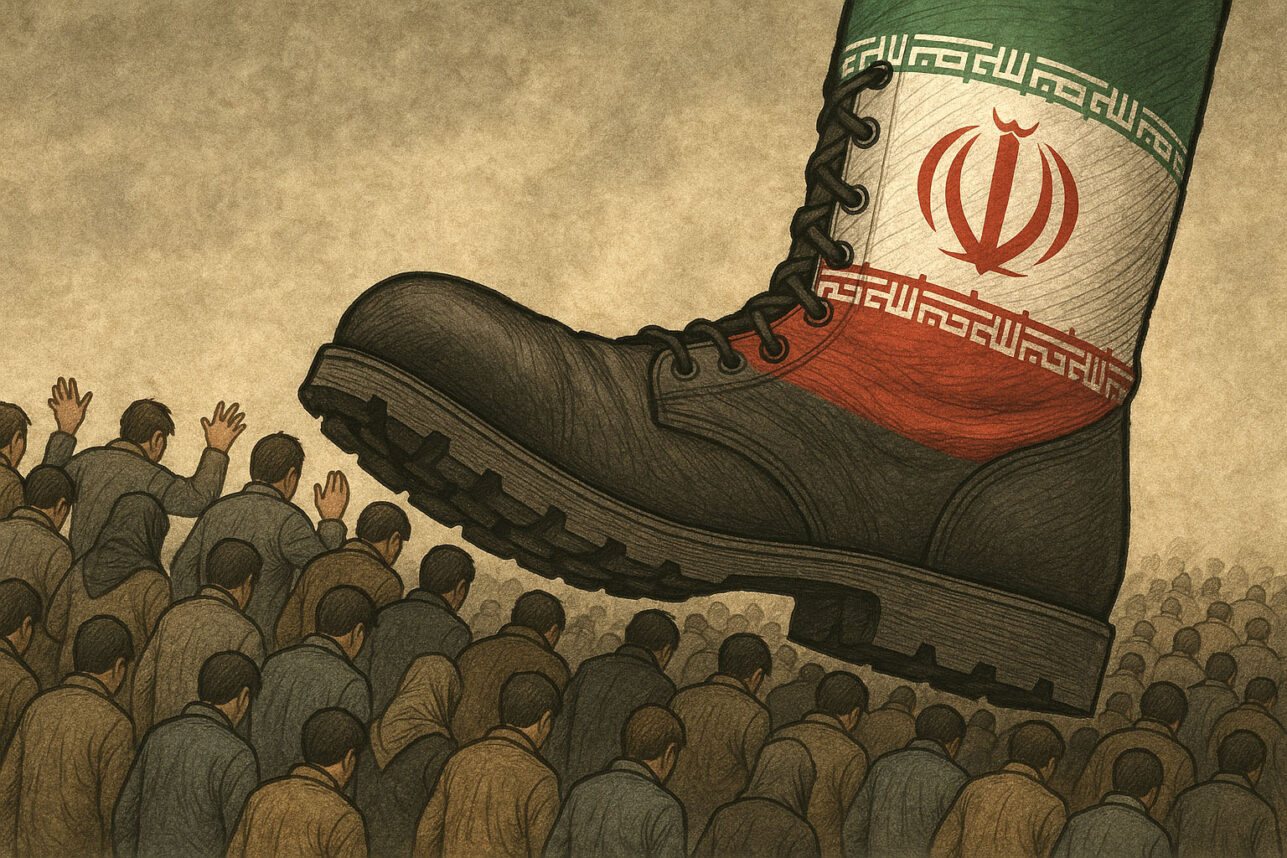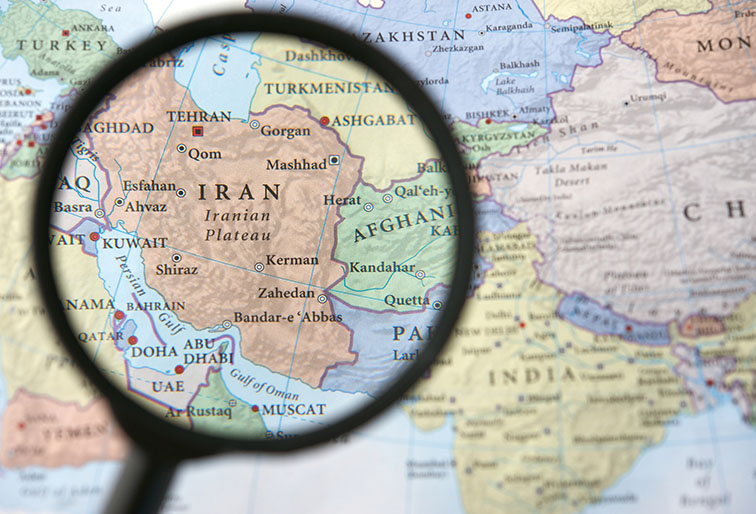

Political correctness is outdated, and to move into the future we need to understand what it was actually trying to accomplish. It is crucial that we are able to use and understand the driving ideas behind it to advocate for marginalized groups, and to advance our society in a positive direction. The term has been overused and co-opted as a propaganda tool, separating it from its intended meaning. One issue taken with the idea is that it is censorship. To clear the matter up, I would like to present the exact text of the 1st Amendment:
“Congress shall make no law respecting an establishment of religion, or prohibiting the free exercise thereof; or abridging the freedom of speech, or of the press; or the right of the people peaceably to assemble, and to petition the Government for a redress of grievances.”
The keyword here is “congress.” Criticism can often elicit a knee-jerk reaction, causing one to feel censored. What may feel like censorship is actually just more of the First Amendment. It guarantees that the government cannot legally restrict speech, but that doesn’t mean individuals or private institutions don’t have the right to criticize or boycott. Just because we have the right to free speech, it does not mean that everyone else is obligated to appreciate, support, or tolerate what someone might have to say.

Political correctness, as we know it today, has become a buzzword used to support, demonize, and devalue the lived experiences of marginalized individuals. In June of 2016 an image was shared by then presidential candidate Donald Trump’s Twitter account implying that there was a Jewish conspiracy influencing politics, a thousand-year-old anti-Semitic claim. According to the Times of Israel, a representative released a statement responding to criticism of the image saying that “the pushback over the image was ‘political correctness run amok,” even after the image was found to be sourced from a neo-Nazi website. Being upset by this is not bowing to political correctness—it is a rational response to a troubling situation. This rhetoric gaslights those harmed by anti-Semitic propaganda, turning the responsibility away from the perpetrators and onto those affected. In this way, one can use political correctness to distract from the underlying issues without losing any support for questionable actions or statements.
Both the Right and the Left practice forms of political correctness. When the President issued a statement condemning the violence of the Charlottesville riot, he stated, “You had a group on one side that was bad and you had a group on the other side that was also very violent. Nobody wants to say it, but I will say it right now.”
For clarity’s sake, one of the groups the president is referring to is the conglomeration of Neo-Nazis and Klan members calling for genocide while the other was a group of counter protesters. By citing violence on both sides as the issue and not condemning the violent actions of Neo-Nazis and racist vigilantes, the President is being P.C. in his own way. The effort to make a moral equivalency between Neo-Nazis and the KKK and counter protesters is a real example of “political correctness run amok.” Equating being upset and angry by things like rampant police violence, discrimination, racism, gender-based violence, and xenophobia with being politically correct dismisses the seriousness of the aforementioned issues. In actuality, these very real problems plague our society and affect our most vulnerable citizens.
One way political correctness has been misused is when it used to scare people. When a Sheriff blames a terrorist attack on political correctness, it ignites fear and puts the blame on concepts like political correctness rather than on what is really going on: xenophobia. The claim I’m referring to is that of Sheriff Murphree of Texas who said the following about the terrorist attack in Manchester, England in May, 2017: “This is what happens when you disarm your citizens. When you open your borders without the proper vetting…When you allow political correctness to dictate how you respond to an enemy that wants to kill you.” Such claims are effective attempts to strengthen xenophobic rhetoric and to incite fear. Sheriff Tracy Murphree is referring to President Barack Obama’s policy of not using the term “Radical Islam,” not in an attempt to be politically correct, but in an effort to draw a distinction between “terrorists and the world’s billion and a half Muslims.” What the Sheriff sees as an obsession with political correctness is actually an important effort to curtail stereotyping large groups of people and the incitement of mass hysteria.
The massive amount of focus placed on whether or not political correctness is a good thing distracts from the larger issues of social inequality and prejudice in our country and around the world. The longer the argument about “being P.C.” goes on, the harder it will be to combat our real problems. The first amendment calls for the right to freedom of expression, which is exactly what political correctness defends. It’s time we move past the buzzwords and political rhetoric and focus our energy on critically thinking about how our thoughts, words, and actions might be harmful to those around us, and how each of us can help make our society a better place to live.

Dayo Abels-Sullivan is a Youth Educational Programs Intern at the National Council of Jewish Women|Los Angeles and a sophomore at UC Irvine studying Social Ecology concerned with the intersection of law, psychology, and urban planning. His hobbies include interning.

































 More news and opinions than at a Shabbat dinner, right in your inbox.
More news and opinions than at a Shabbat dinner, right in your inbox.